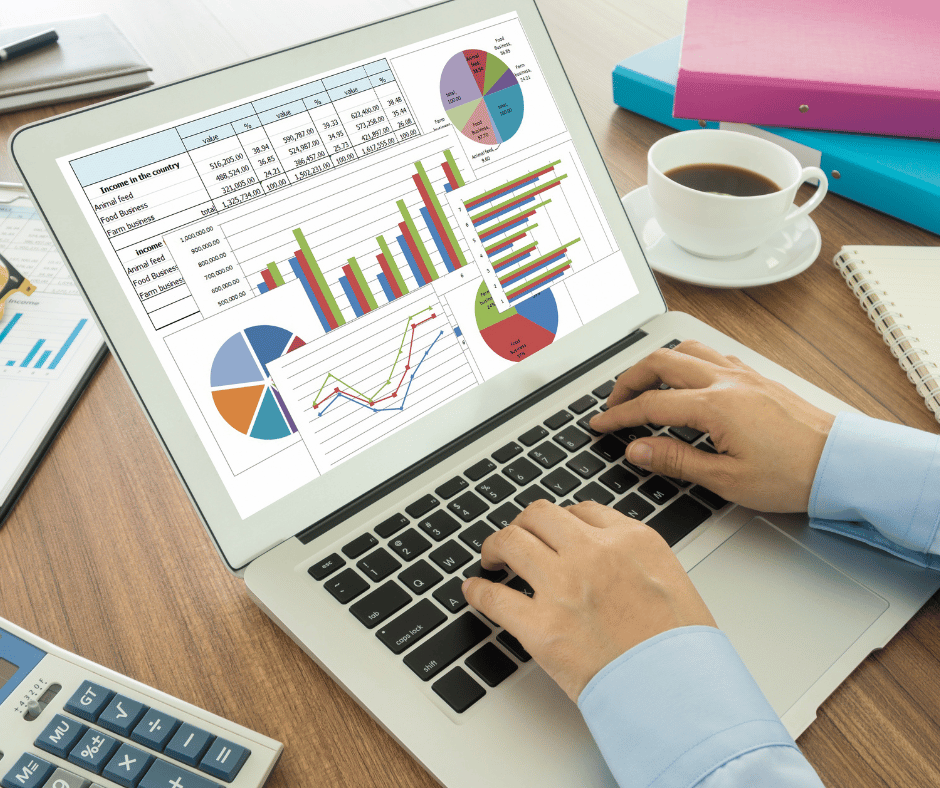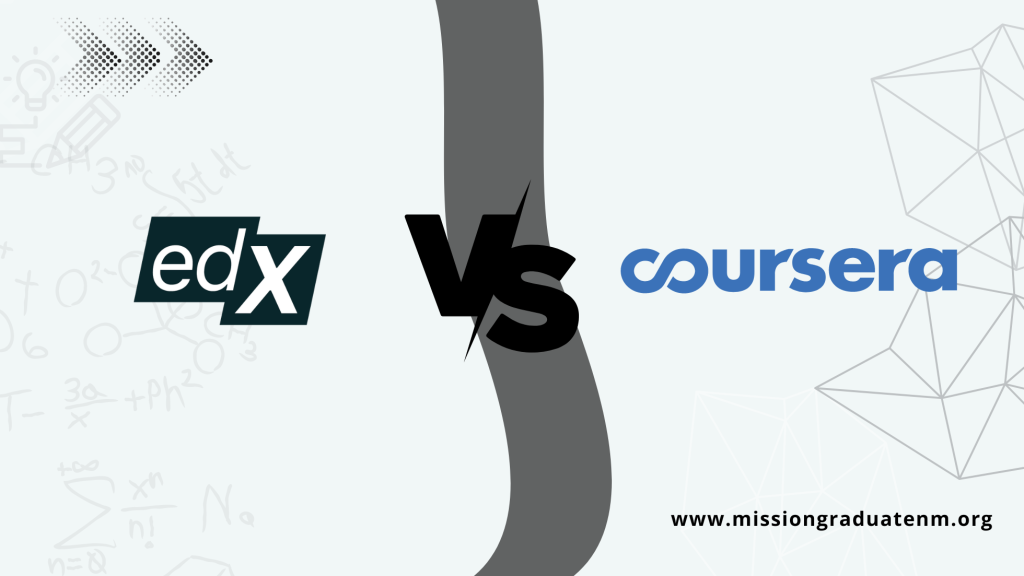Confused about the roles of data scientists vs data analysts?
Many professionals struggle to differentiate between these two crucial data-driven careers. While both work with data, their focus, skills, and day-to-day responsibilities differ significantly.
Data scientists typically delve into complex algorithms and predictive modeling, while data analysts focus on interpreting existing data sets.
In this blog post, I will clarify these distinctions, helping you understand which path aligns with your interests and career goals in the ever-expanding field of data.
Data Scientist vs. Data Analyst: What is The Difference?
| Data Analyst | Data Scientist | |
| Meaning | A Data analyst is a professional who gathers all the data from various resources, compiles them, and analyzes them. | Data Scientist is a skilled person who forecasts challenges and opportunities for the business. |
| Education | No specific degree is required. But a degree in data analysis is preferred. | A bachelor’s or master’s degree in Statistics and Computer Science is required. |
| Programming Languages | MySQL, Python, R, Java, and SAS | Python, SAS, and R |
| Major Skills | Statistics, Data Visualization, Spreadsheet, and Machine Learning. | Mathematics, Calculus, Machine Learning, Statistics, and Cloud Computing. |
| Average Salary | $70,000 | $120,000 |
Difference Between Data Analyst And Data Scientist: What Do They Do?
Let us have a look a deep look at the following:
Data Analyst
A data analyst aids the company in decision-making by gathering information and spotting trends. The main purpose of data analysis is to provide statistical analysis that provides solutions to various issues and queries.

A data analyst queries relational databases using techniques like SQL. Some typical tasks for a data analyst include identifying informational needs, gathering data from sources, cleaning and reorganizing data for analysis, and examining data sets that can be translated into useful insights.
Data Scientist
On the other hand, a Data Scientist will often be more involved in developing algorithms, prediction models, and data modeling workflows. Creating tools, automation systems, and data frameworks might also be some of the ways in which data scientists devote most of their time.

Additionally, frequently cope with uncertainty by employing more sophisticated data approaches to generate future forecasts. This position is typically viewed as an improved version of a data analyst.
After learning about their respective fields of expertise and effective insights, you are now prepared to understand the distinction between a data scientist and an analyst. A data scientist may design how data is stored, handled, and analyzed, but a data analyst may spend more time on routine analysis and produce reports regularly.
An analyst often concentrates on providing detailed answers regarding the company’s operations. A data scientist may operate at a more macro level to create innovative approaches for posing and responding to significant problems.
Data Analysis vs. Data Science: Education
A bachelor’s degree in fields like mathematics, statistics, computer science, or finance is typically needed for data analyst positions. More often, Data scientists hold a master’s or doctoral degree in data science, information technology, mathematics, or statistics, as do many advanced data analysts.
Even though a degree has historically been the primary entry point for a job in data, new opportunities are increasingly becoming available for those without a degree or prior experience. By earning a Professional Certificate in data analytics from Google or IBM, you can acquire the knowledge necessary for entry-level employment as a data analyst in less than six months of study.
Data science vs. Data analysis: Skills
Both Data Analysis and Data Scientist require huge dedication and focus in the field.
Data Analysis
A Data Analyst is a professional who collects and processes data, as well as performs statistical analysis to extract valuable insights for the business. They prepare charts, graphs, and diagrams to assess and communicate the data to business owners.
Some skills required by Data analysts are:
- Knowledge of data visualization tools like Power BI, Tableau, and D3.
- Programming languages like MySQL, Java, and Python
- Advanced Spreadsheet knowledge.
- Statistics
- Machine learning
- Skills like communication, presentation, and critical thinking.

Data Science
The primary role of the Data Scientist is to extract insights from interpreting and analyzing data. They use their statistical and computing techniques to create algorithms and models to interpret data for future business decisions. They also communicate and collaborate with different departments and stakeholders.
There are a few skills that a Data Scientist requires are:
- Strong knowledge of Mathematics, Calculus, and Statistics.
- Knowledge of certain programming languages like Python, SAS, and R.
- Cloud computing
- Machine learning
- Communication and Leadership skills
Data Analysis vs. Data Science: Salary comparison
Now, let’s have a closer look at the salary of Data Analysis and Data Science.
Data Analysis
The average compensation for Data Analyst is around $70,000 per year. It is forecasted that the employment rate for Data Analysis is expected to grow 23% from 2021 to 2031.
Data Science
In comparison, the average salary of a Data Scientist is $120,000 per year. Meanwhile, data science is projected to boost by 36% between 2021 to 2031.
Related Reads – How to Become a Financial Analyst
Conclusion: Is Data science better than Data analysis?
If you wish to begin a career in analytics, it is preferable to take on an entry-level data analyst position. This will enable you to gain experience using actual company data to generate insights. You will use your current expertise to query databases, create reports using BI tools, and evaluate crucial data.

Nearly every industry – including healthcare, e-commerce, manufacturing, logistics, and others – uses data science. Data scientists are in short supply internationally, and businesses are looking for experts who can use data to drive important decisions and corporate growth.
Companies recognize a lack of qualified data scientists for this position, making it difficult for them to create algorithms and predictive models. Hopefully, this article would have helped clear any confusion regarding today’s two highly sought-after professions.
FAQs
It solely depends on your choice. If you are a person who loves Mathematics, Calculus and is interested in programming, machine, and learning, then data science is a perfect career option for you. But if you are interested in data interpretation, statistical modeling, and structuring, then data analysis is excellent.
Basic coding knowledge is required and favored to analyze and interpret the data.
Yes, mathematics and calculus are integral parts of Data Science. Moreover, one must have a solid background to practice Data Science.
Data Scientists earn more than Data analysts. The average salary of a Data Scientist is around $120,000, and the average salary of a Data Analyst is $70,000.

